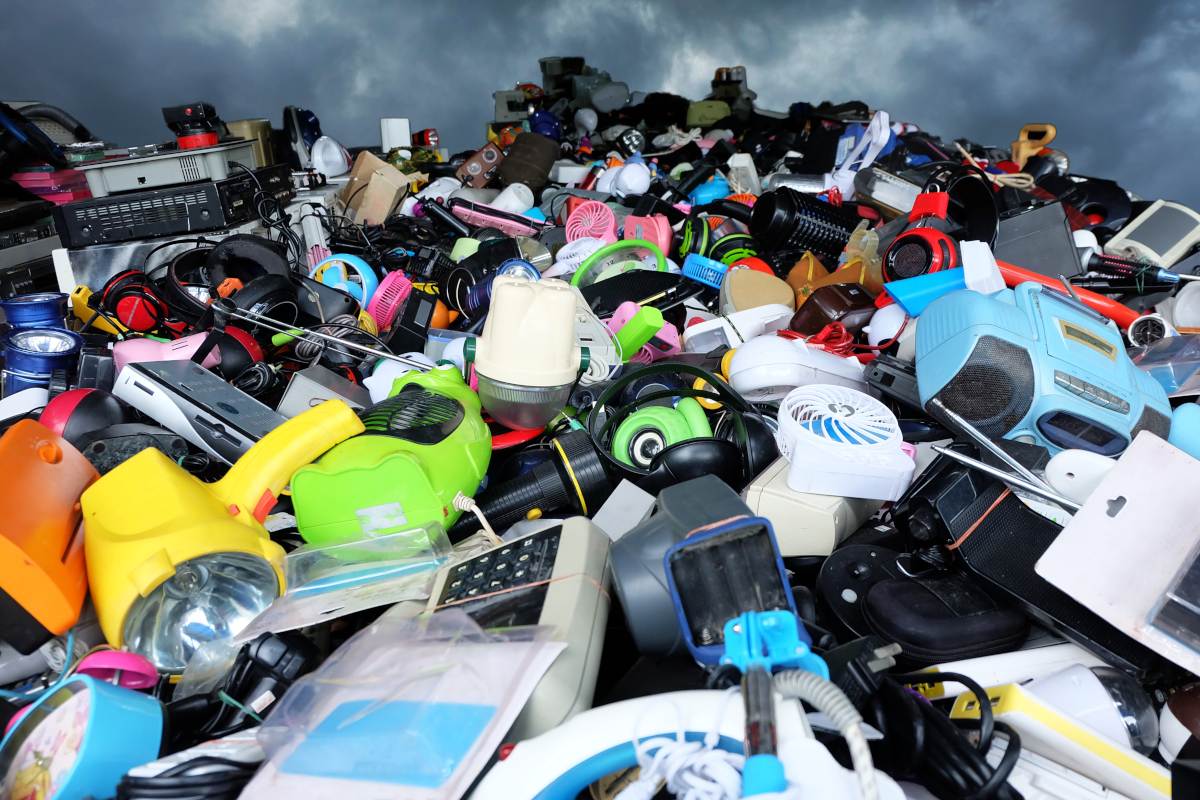Scientists have designed a new material system to overcome one of the biggest challenges in recycling consumer products: mixed-plastic recycling. Their achievement will help enable a much broader range of fully recyclable plastic products and brings into reach an efficient circular economy for durable goods like automobiles.
We generate staggering quantities of plastic and plastic-containing products each year, but only a tiny fraction of that plastic can be recovered and used to manufacture products of similar quality. That’s because most products, from food-packaging films and single-use bags to sneakers and electronics, are made from mixtures of different plastics, and once they are mixed, those plastics can’t be recovered and used to make new bags or sneakers. Instead, most of it ends up in landfills, incinerators, or oceans.
A team of scientists from Berkeley Lab are tackling the mixed-plastic challenge using custom-designed material called polydiketoenamine (PDK), a new type of plastic they developed to be recycled efficiently and indefinitely, providing a low-carbon manufacturing solution for plastic products that never have to end up in a landfill.
In a new study appearing in Science Advances, the team showed that they can create customized PDKs specifically tailored for mixed-plastic recycling and that they can fully recover the constituent plastics from a blended product composed of multiple PDKs and other common manufacturing materials. Brett Helms, of the Molecular Foundry, headed up the multidisciplinary team, which also included researchers from the Joint BioEnergy Institute (JBEI) and Berkeley Lab’s Advanced Light Source, among others. The work is a major validation of a promising material and deepens our knowledge of polymer chemistry.
Read the full story on the Berkeley Lab News Center.




